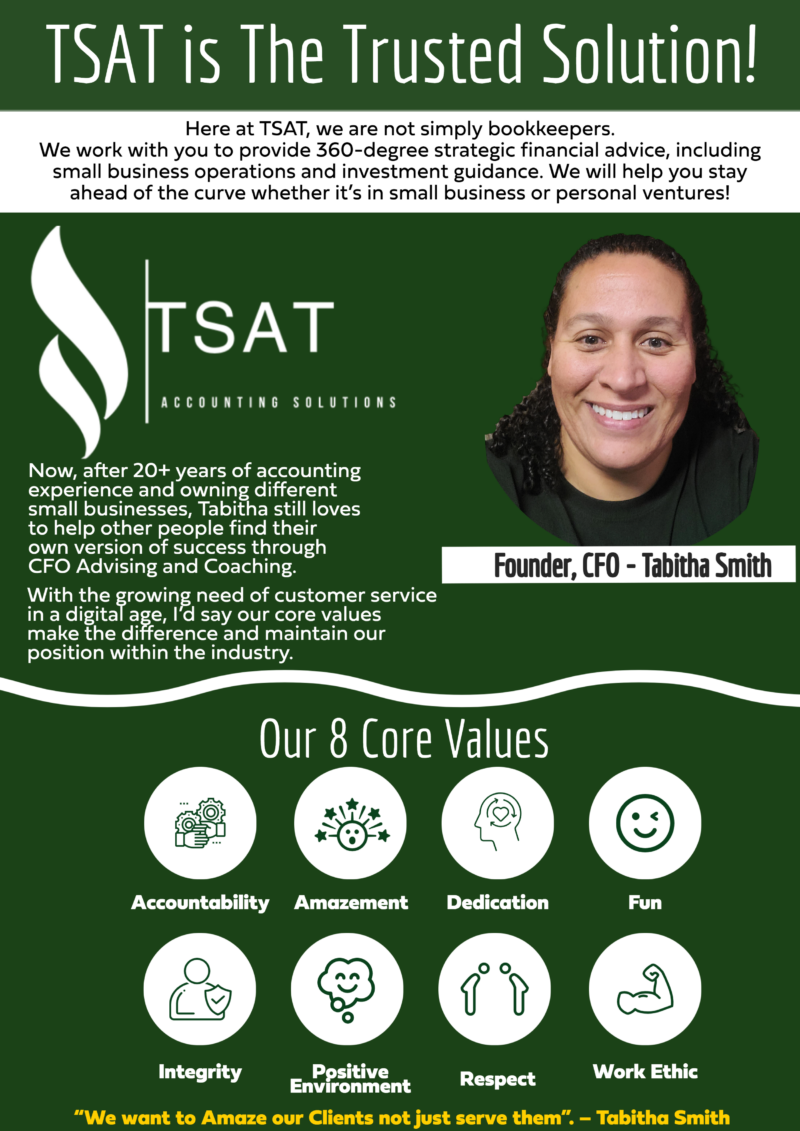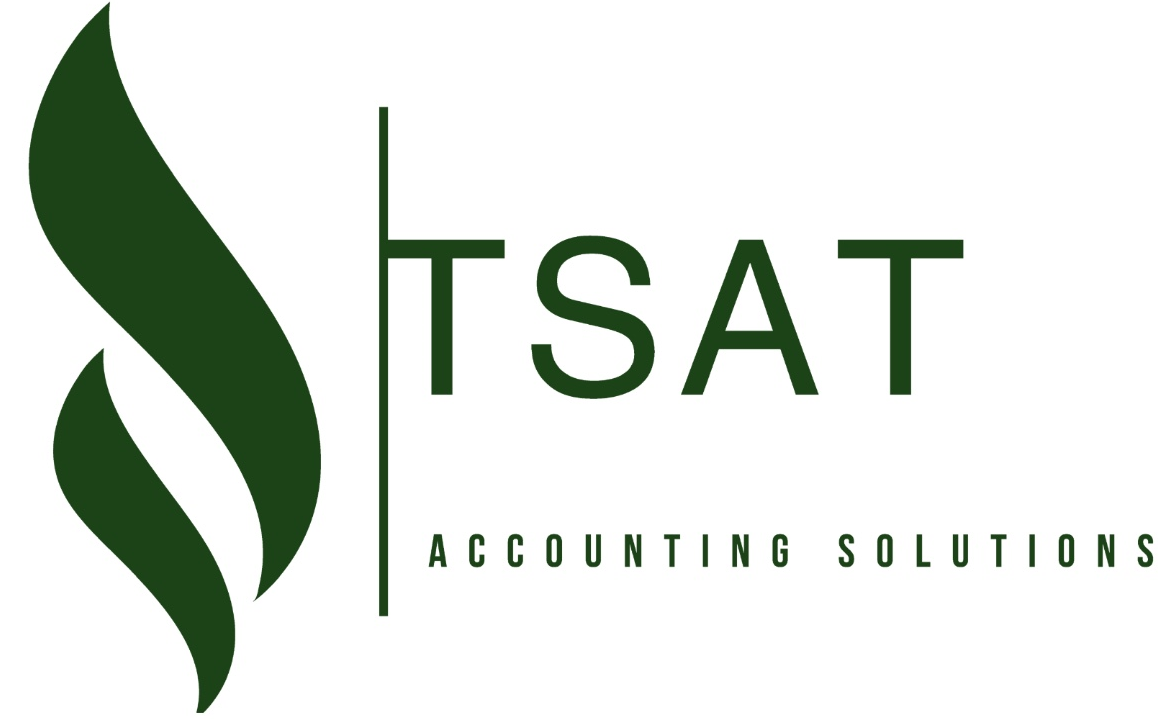
What is small business estate planning?
Small business estate planning is an important aspect of running a business, but it is often overlooked by small business owners. Estate planning is the process of determining how your business will be managed and distributed after your death or incapacitation. This is an important step to take because it ensures that your business will continue to run smoothly and be passed on to the right people.
Elements of Small Business Estate Planning
There are several key elements to small business estate planning. The first is to create a succession plan. This plan outlines how your business will be managed and who will take over in the event of your death or incapacitation. It is important to choose a successor who is capable of running the business and who shares your vision for its future.
The plan should be reviewed and updated regularly to ensure that it is up to date and that all assets are properly distributed. If the business owner passes away without a will or a succession plan, the business may be subject to probate. This means that the court will decide how the assets of the business are to be distributed. This process can be lengthy and costly, and it may not be in the best interests of the business or the owner’s family. If the business owner has a partner or other shareholders, the succession plan should include provisions for the transfer of ownership. This should include a buy-sell agreement that outlines the terms of the transfer. The agreement should also include provisions for the payment of any outstanding debts or liabilities.
Another important element of small business estate planning is to create a will. A will is a legal document that outlines how your assets, including your business, will be distributed after your death. It is important to update your will regularly to ensure that it reflects your current wishes.
Other elements and considerations are business insurance, taxes, and working with professionals in the succession space such as a lawyer.
Estate planning for the different types of small businesses
If the business is a sole proprietorship, the owner’s family may be able to continue running the business. However, they may need to obtain a new business license and may need to make other changes to the business.
- If a business is a corporation or an S corporation, the estate becomes the new owner of the business.
- If a business is a limited liability corporation, it is required to have an operating agreement that includes what happens in the event of a death.
- If a business is a partnership, limited partnership, or limited liability partnership, what happens depends upon the terms of the partnership agreement.
Key Takeaways
- Create a succession plan. This plan outlines how your business will be managed and who will take over in the event of your death or incapacitation. Choose a successor who is capable of running the business and who shares your vision for its future.
- Create a will. A will is a legal document that outlines how your assets, including your business, will be distributed after your death. It is important to update your will regularly to ensure that it reflects your current wishes.
- Ensure that your business has the necessary insurance coverage. This can include life insurance to provide funds to help pay off any outstanding debts or to help your successor run the business, as well as disability insurance to provide income if you become unable to work.
- Consider the tax implications of your estate plan. Work with a tax professional to ensure that your plan is tax-efficient and will minimize the taxes that your estate will owe.
- Seek professional help. Estate planning can be complex, and it is important to work with an experienced professional to ensure that your plan is comprehensive and will meet your needs. A professional can also help you navigate the legal and tax implications of your plan.
Creating an estate plan for your small business is an important step in protecting your assets and ensuring that your wishes are carried out. Make sure to consider the above takeaways when creating your estate plan and ensure that you review it regularly to make sure it still meets your needs. Estate planning for business owners is important, because it can help to ensure that your business survives after you die. By taking the time to plan ahead, you can protect your business and your family.
You’ve got a lot to focus on, how can TSAT become your Trusted Advisor?

Your Trusted Advisor… At TSAT, we know that a great businesses need to operate at high levels of service, accuracy, reliability, and throughput. We also know that the only way to ensure these things are achieved is to develop a comprehensive set of accounting and finance policies and procedures and to regularly train all personnel involved in the management and control of the company’s software. Only by taking steps toward accounting, quality assurance, and finances can a small business accounting department expand its business and improve its profit margins. It takes a little work to make sure that every aspect of small business accounting is running at full capacity, and we are here to help!
Here at TSAT, we are not simply bookkeepers. We work with you to provide a 360-degree strategic financial advice, including small business operations and investment guidance. We will help you stay ahead of the curve when it small business or personal investments!
If you are a gig worker or small business owner looking to grow your business, TSAT’s AMAZING Trusted team considers much more than just your taxes!
TSAT’s is your Trusted Advisor and will let you focus on your business’s core competencies! Whether you have a small business or you need help personally, TSAT can give you HOPE! Call us today!
Phone: (417) 208-2858
- Website: TSAT Accounting Solutions
- Facebook: TSAT Facebook
- Calendly : Quickly schedule a 15 minute call!
- Alignable: Connect with Us on Alignable!
- Fill out the Qualification Questionnaire for a full 1 hour CFO Consult!
